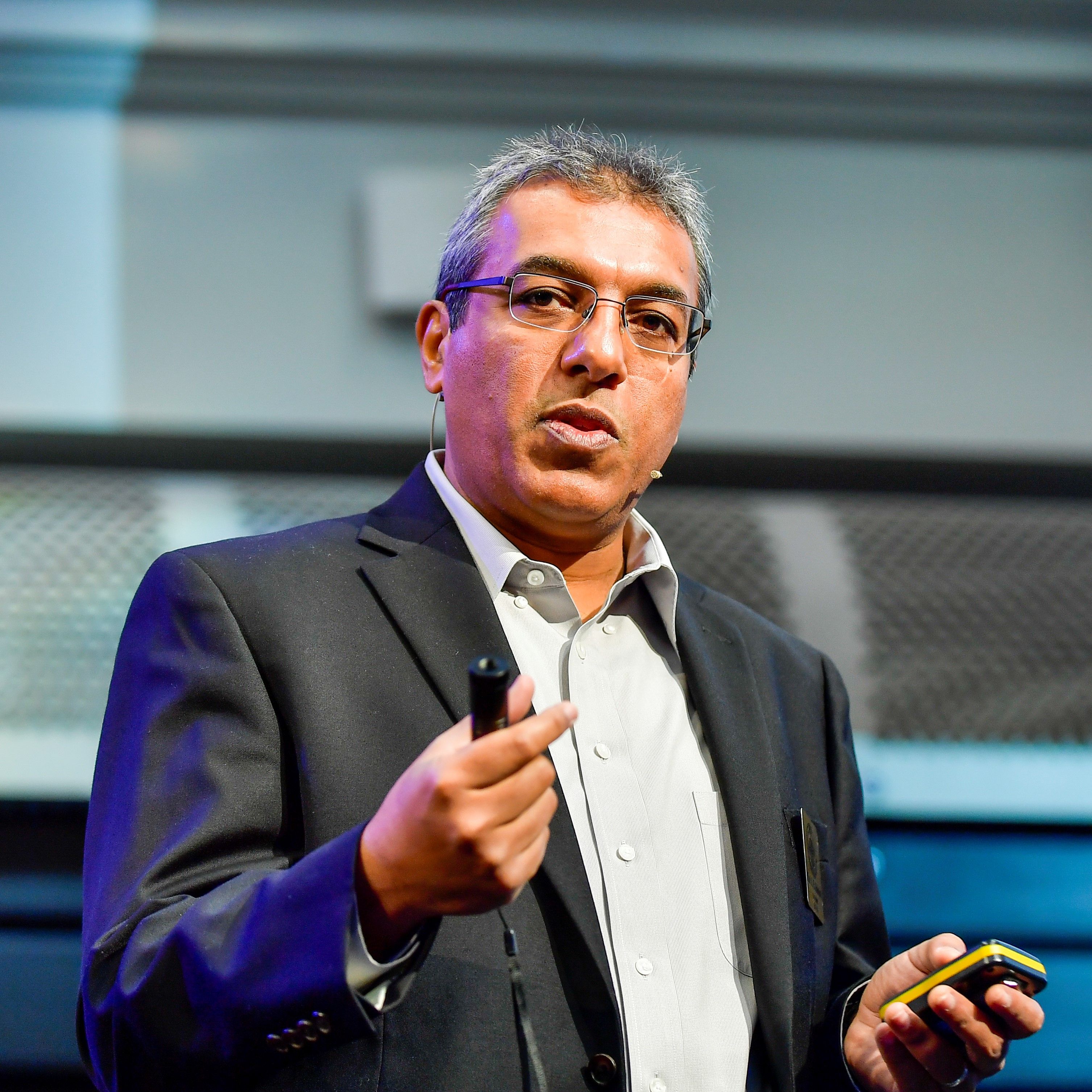Novel Smart Cement for Improved Well Integrity Evaluation
OR
About the Course
SPWLA members, view the course for free!
For E&P companies, well integrity during the production cycle is of paramount importance for safeguarding health, safety, and the environment (HSE) and for maintaining the license to operate. In this paper, a novel well integrity enhancement solution is presented. Specifically, we describe the development of a smart well cement with specific enhanced acoustic signatures that can be detected by traditional sonic logging tools as well as next generation ultrasonic tools. This smart acoustically responsive cement utilizes specially engineered particle fillers that act as acoustic band gap filters and contrast agents at specific frequencies. The resultant acoustic signature can thus be analyzed to determine the mechanical integrity of the cement as well as the mechanical stress experienced by the cement.
During the development of this technology, finite element analysis and simulations were used to determine the acoustic response and guide the design of the smart cement. The smart cement was produced on the lab scale, and the acoustic band gap features were confirmed using vibrational measurements. Ultrasonic measurements were then used to determine the acoustic response of subscale composite structures, including under mechanical load and in simulated environmental tests. Finally, shallow buried pipes with cemented annuli and engineered voids were constructed for pilot testing. During that final stage, a slim hole monopole sonic logging tool was used to map the cement location and determine the location and relative degree of mechanical loading.
Stress was applied using a variety of methods and mapped along the wellbore. The results indicated improved acoustic detection using sonic bond log tools including uniquely identifiable cement placement, enhanced void discrimination, and localization of loaded regions. The acoustically responsive cement allows distinguishing between fluids and lightweight cement, monitoring of formation depletion and reservoir compaction, and increased knowledge of wellbore stresses in the oil field. Furthermore, the material has the potential to be continuously monitored with an acoustic interrogation system for remote real-time indication of cement stress and integrity on a zone-by-zone basis
This makes the smart acoustically responsive cement particularly valuable for detecting and thereby reducing cement-related well integrity risks.
Your Instructor

Hani Elshahawi is Deepwater Digitalization Lead and Formation Testing and Sampling Principal Technical Expert at Shell where he has spent the last 16 years. Hani was previously GameChanger, served as Deepwater technology advisor and capabilities manager, and led FEAST-Shell’s Fluid Evaluation and Sampling Technologies center of excellence. Prior to Shell, Hani spent 15 years with Schlumberger in over 10 countries in Africa, Asia, and North America during which he has held various positions in interpretation, consulting, operations, marketing, and technology development. He holds several patents and has authored over 150 technical publications. He was the 2009-2010 President of the SPWLA, recipient multiple SPE and SPWLA awards and a distinguished lecturer for both societies.
